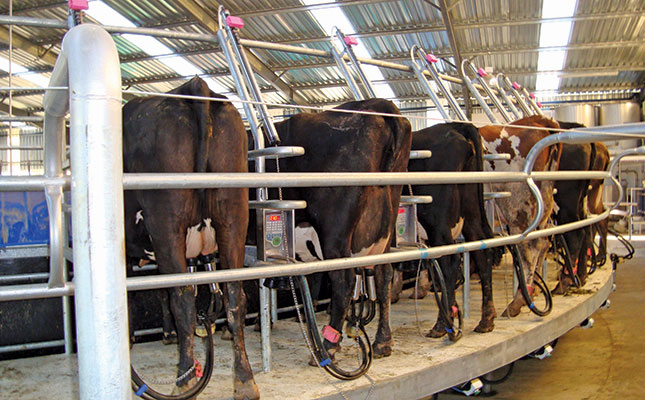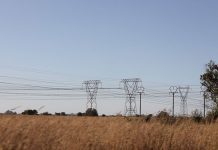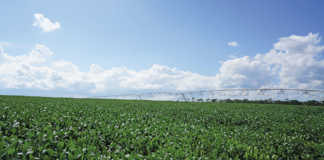
Smaller milk producers in South Africa may be in for a tough time as prices and demand fluctuate, due to the South African market coming under increasing pressure from cheaper imports, among many other factors.
This was the opinion of Dr Koos Coetzee, an economist at the Milk Producer’s Organisation (MPO), who said: “Processors will buy imported milk if they can’t get it cheaper locally, [which means] producers will have to make a profit at export parity [prices].”
Economies of scale were also becoming increasingly important, and Coetzee said smaller milk producers would need to combine their production output and sell milk co-operatively to encourage milk processors to buy from them.
“The fact is that we are part of the [global economy] and local prices will be based on world prices. Producers will in future have to produce at a cost [that is] comparable to [international] costs,” said Coetzee.
He said international producer prices for 2017/2018 were expected to be between R4,40/ℓ and R4,85/ℓ.
Most milk producers were making a profit at about R4,50/ℓ, but profit margins and break-even points were farm-specific, with a producer’s debt, capital structure and many more factors influencing profit, he explained.
Farmer’s Weekly had previously reported that 40 milk producers in the Free State had received notification from Desmanda Transport, the company that delivers milk to a number of milk processors, informing them no more milk would be acquired from them as from 5 August.
According to Desmanda Transport, its contracts had been terminated by the processors.
Allegations have since surfaced that Free State producers were adding water to their milk, for example, and that this was one of the reasons why Desmanda Transport had cancelled milk offtake agreements.
However, Phillip Swart, manager for producer services at the MPO, told Farmer’s Weekly no accredited laboratory had confirmed this allegation.
“Not everyone is playing open cards in this matter,” he said. Swart said he suspected one of the main factors in the decision to terminate agreements had been the fact that some transport routes had proven to no longer be economical.
“It costs a lot to run expensive trucks. There are often long distances between producers and the quality of roads is often poor.
“It may not benefit buyers to [collect from] small producers,” he added.











